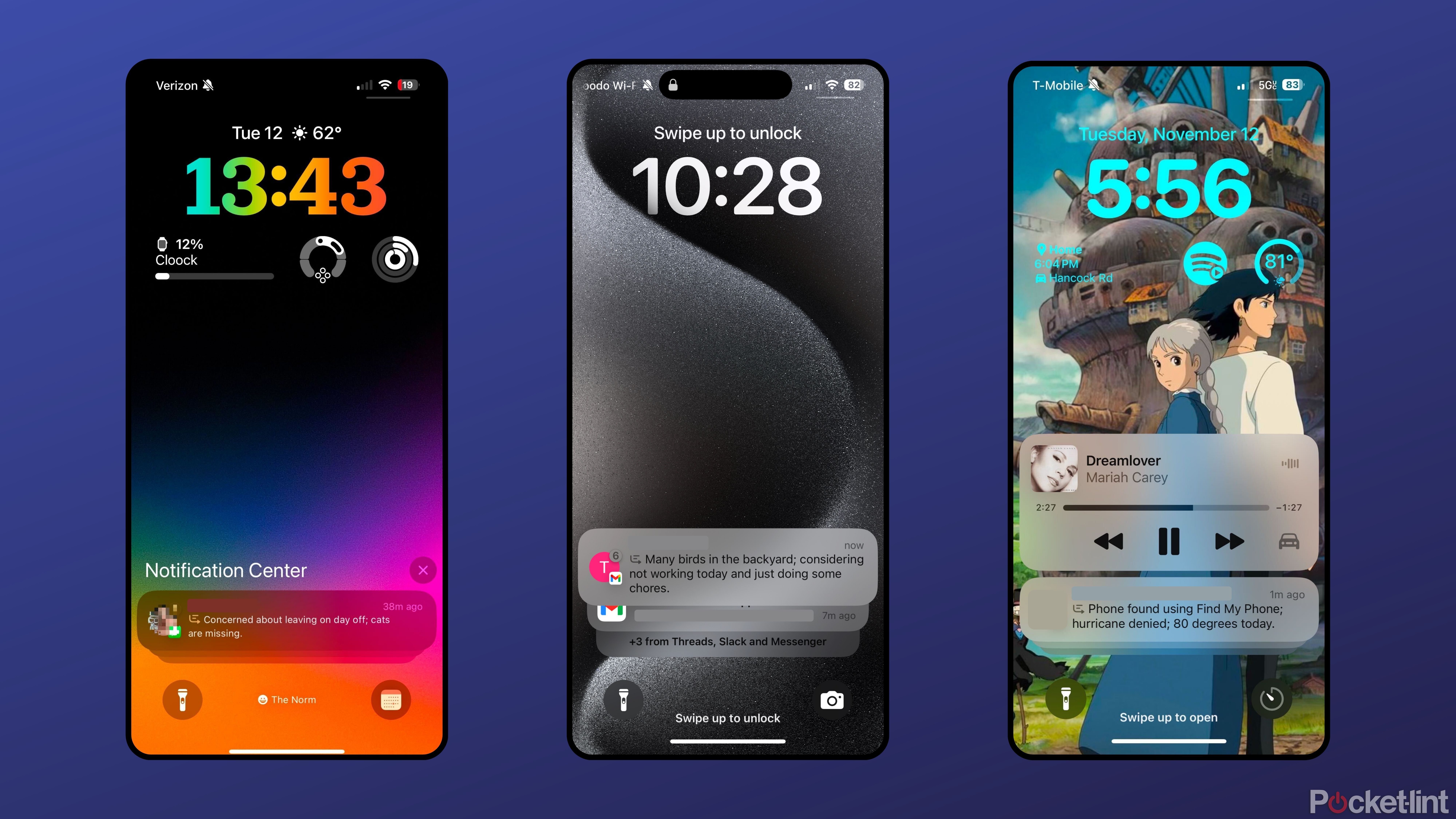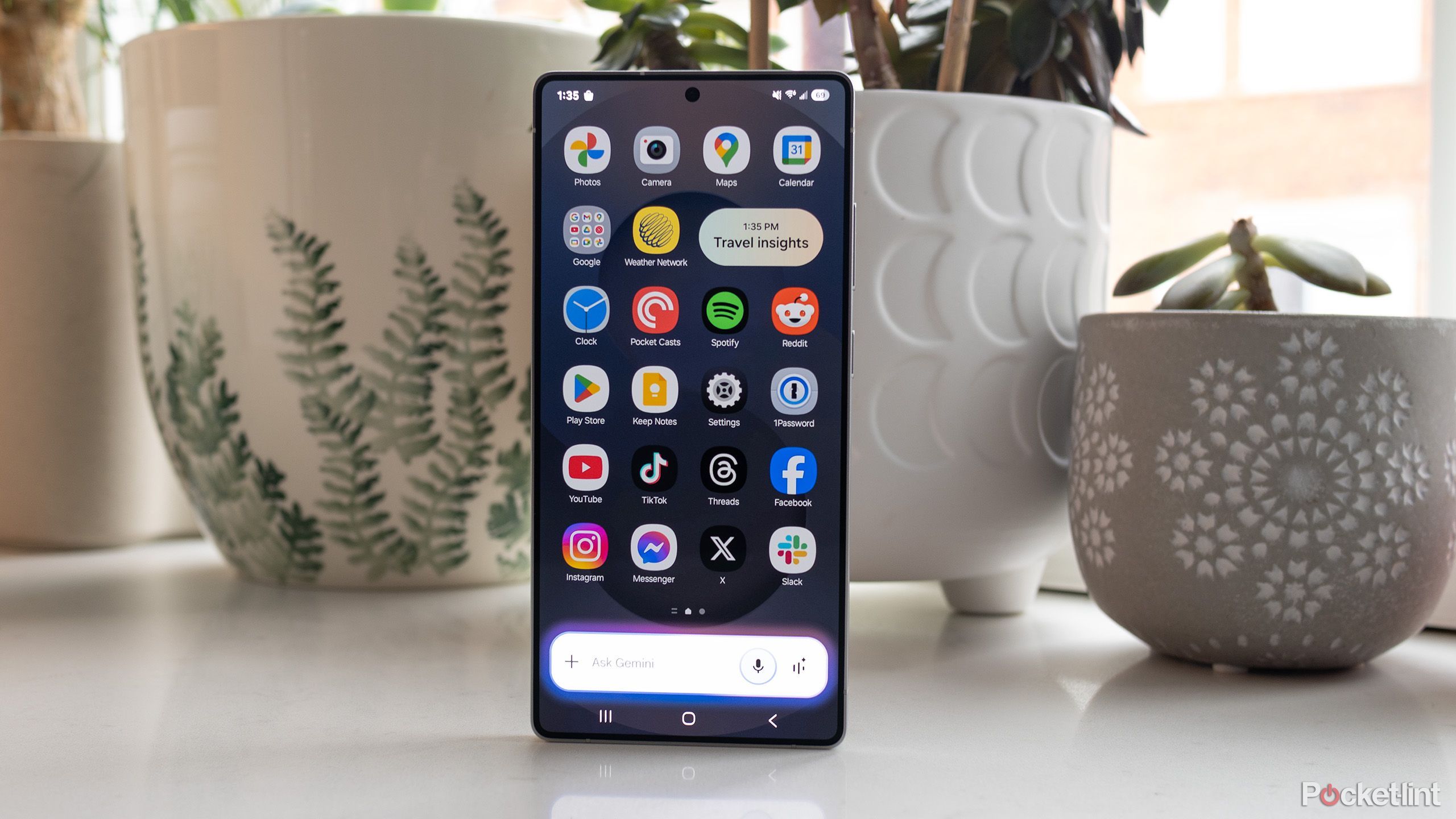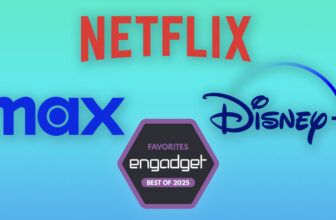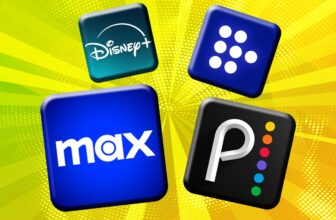Summary
- The generative AI features on new phones are hardly a (major) reason to buy them.
- Few of those features are useful on a daily basis, and some of them are unreliable.
- I’d wait a few years before treating AI as a vital factor when shopping.
If you’ve been paying any attention to the latest smartphone launches — or maybe even if you haven’t — you’ve probably noticed companies banking everything on generative AI. It’s about the only major selling point of Samsung’s Galaxy S25, and of course, Google was always going to make a huge deal out of Gemini advancements on the Pixel 9. Apple was so confident in Apple Intelligence that it made it the centerpiece of its iPhone 16 marketing — even though the phone initially shipped without Intelligence, and is still missing some promised features.
It’s time to say the quiet part out loud, I think. AI is not a reason to buy a new smartphone — even in 2025. There are benefits to it, but for now it’s mostly smoke and mirrors capitalizing on trends. It could eventually be something to build a phone around, but not for a few years yet.
Related
Dear smartphone makers, please stop with the bezel-less displays
Phone makers seem so preoccupied with whether they can that they don’t stop to think if they should.
What does AI actually do for you?
A real-world check-in
Don’t get me wrong, there are some genuinely useful AI features on recent phones. Android’s circle-to-search simplifies some lookups, and both iPhones and Android devices now have editing tools that can salvage otherwise unusable photos and videos. Likewise, real-time translation and transcription is becoming common, and that’s already saved me trouble when deciding to answer incoming phone calls. You’d be surprised how many Chinese-language spam calls I get here in Alberta.
There are seriously diminishing returns with current phones.
Beyond those things, though, there are seriously diminishing returns. My daily driver is an iPhone 16 Pro, and on most days, my only brushes with Apple Intelligence are notification summaries and the occasional “maybe important” alert. I just don’t have any use for AI (re)writing tools or webpage summaries, and I certainly don’t have any use for genmoji. If I experiment with Image Playground, it’s only to create a new avatar or generate fun images for my son.
Both Apple Intelligence and Gemini can potentially be useful for answering knowledge questions in plain language, but here’s the thing — it’s not much different than typing search queries into Google, especially since Google foists AI Overviews on many searches regardless of your platform. It’s not a unique selling point for a phone like the Pixel 9. Apple Intelligence doesn’t even handle advanced questions itself — it kicks them over to ChatGPT, so you can get similar results if you download the ChatGPT app on your old iPhone XR.
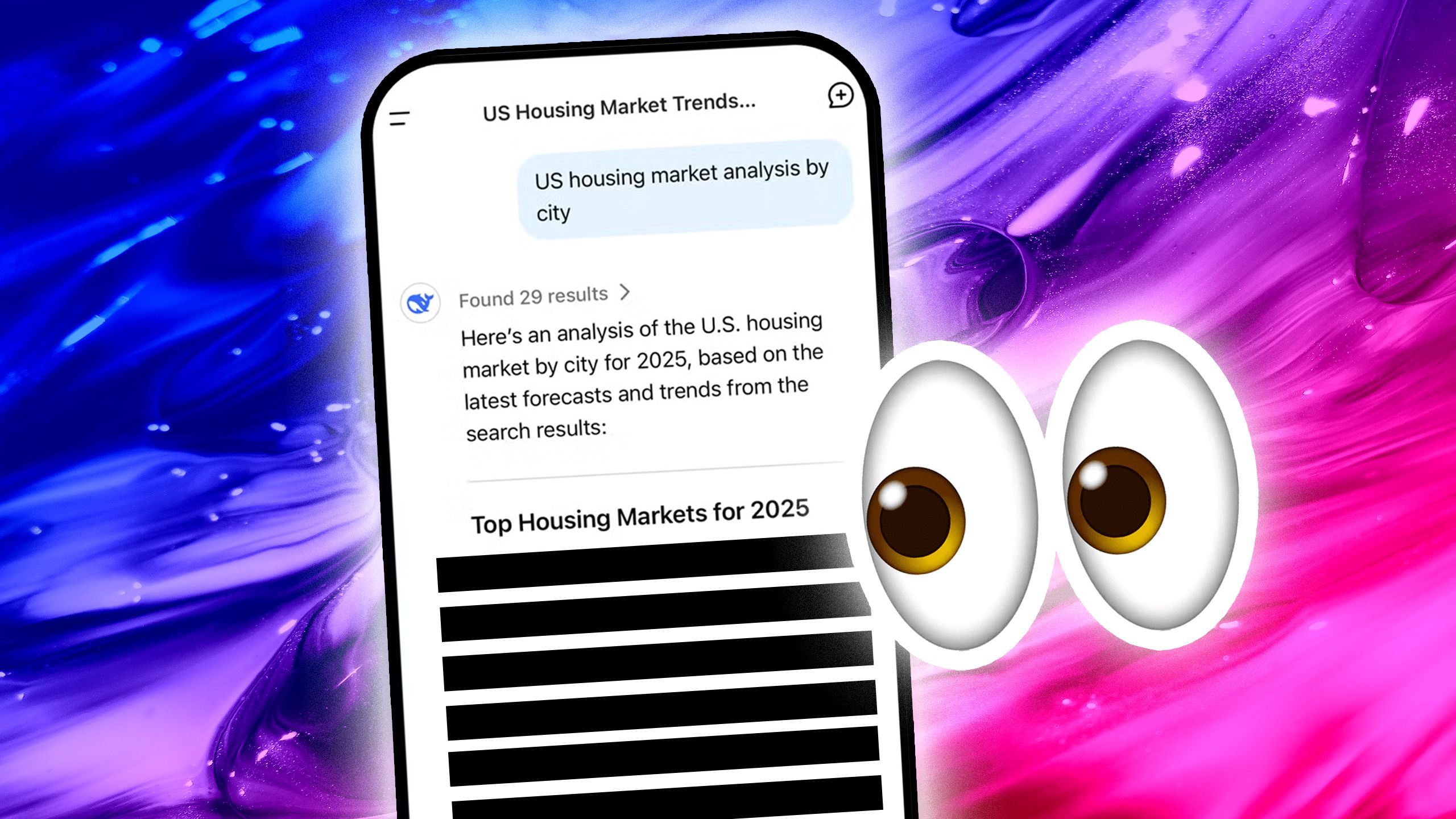
Related
I downloaded Deepseek to see how censored it really is
Don’t expect it to be fully honest with politically sensitive topics.
The reliability problem
Would you trust AI to book your vacation?
What Google, Samsung, and (soon) Apple are really hoping you’ll do, however, is turn to AI for complex requests that would be difficult or impossible in previous incarnations of their tech — asking it to plot out an entire trip itinerary, for example, or execute complex smart home scenes. I’m eager to see where AI takes smart home tech, actually. It might become more widespread once you can say “turn off the living room and kitchen lights whenever everyone leaves home” instead of having to spend several minutes fiddling with automation tools.
The biggest issue at the moment, however, is one that’s plaguing all forms of generative AI: reliability. The large language models (LLMs) behind them don’t actually understand what they’re processing, so they frequently “hallucinate” (get things wrong), or else leave out essential info. I don’t fully trust Gemini to tell me basic facts about world history, never mind organize a vacation with money on the line.
AI functions can’t be a centerpiece if you have to second-guess actions, or worse yet, correct them when they do something you don’t expect.
For the sake of this article, I asked Gemini to create a trip itinerary for New Orleans — but it was light on details, for instance telling me to visit “during the spring or fall, when the weather is mild.” Anyone who’s actually been there will know there’s a huge difference between visiting in September and November, which might both be considered fall. There were conspicuous gaps in suggested attractions, like St. Louis Cemetery No. 1, and there was no mention of a specific place to stay. I got slightly better results by specifying dates and preferences, but that’s not saying much.
AI functions can’t be a centerpiece if you have to second-guess actions, or worse yet, correct them when they do something you don’t expect. Sometimes, they don’t contribute anything useful at all, one example being the Galaxy S25’s Now Brief, which mostly gathers together things like calendar alerts, news headlines, health tracking, and the weather. It’s a timesaver in theory, but you were probably already keeping tabs on those things years ago without AI handling curation — it’s called checking your notifications. Heck, Samsung’s software is similar in concept to Google Now, the predecessor of both Google Assistant and Gemini.
Sounding a hopeful note
AI’s time is coming…eventually
I’m not saying that generative AI isn’t a selling point at all, just that it’s not something you can anchor an entire smartphone around yet. For that to happen, it needs to have both bulletproof reliability and everyday usefulness that goes beyond the AI we’ve already had on phones for a decade or longer. Some people might vouch for generative AI’s usefulness where I wouldn’t — but I doubt anyone would call Gemini or Apple Intelligence “bulletproof.”
I’d give generative AI a few years more to bake before I consider springing extra on a device just for its AI features.
The combination of those things could genuinely wow phone buyers. It may even be coming at some point, but it seems unlikely that Apple, Google, or anyone else will solve hallucinations anytime soon. Though work is underway to reduce them, there’s a fundamental dilemma: how is a computer supposed to determine what’s true or best when it doesn’t understand what it’s processing? Even us humans often have trouble with that, and there’s the constant risk that AI is going to absorb conscious and unconscious biases — something elevated by X and Meta stripping back their moderation and fact-checking.
I’d give generative AI a few years more to bake before I consider springing extra on a device just for its AI features. In the meantime, it’s better to focus on specs and compatibility, hoping your phone remains relevant once the AI revolution really hits.
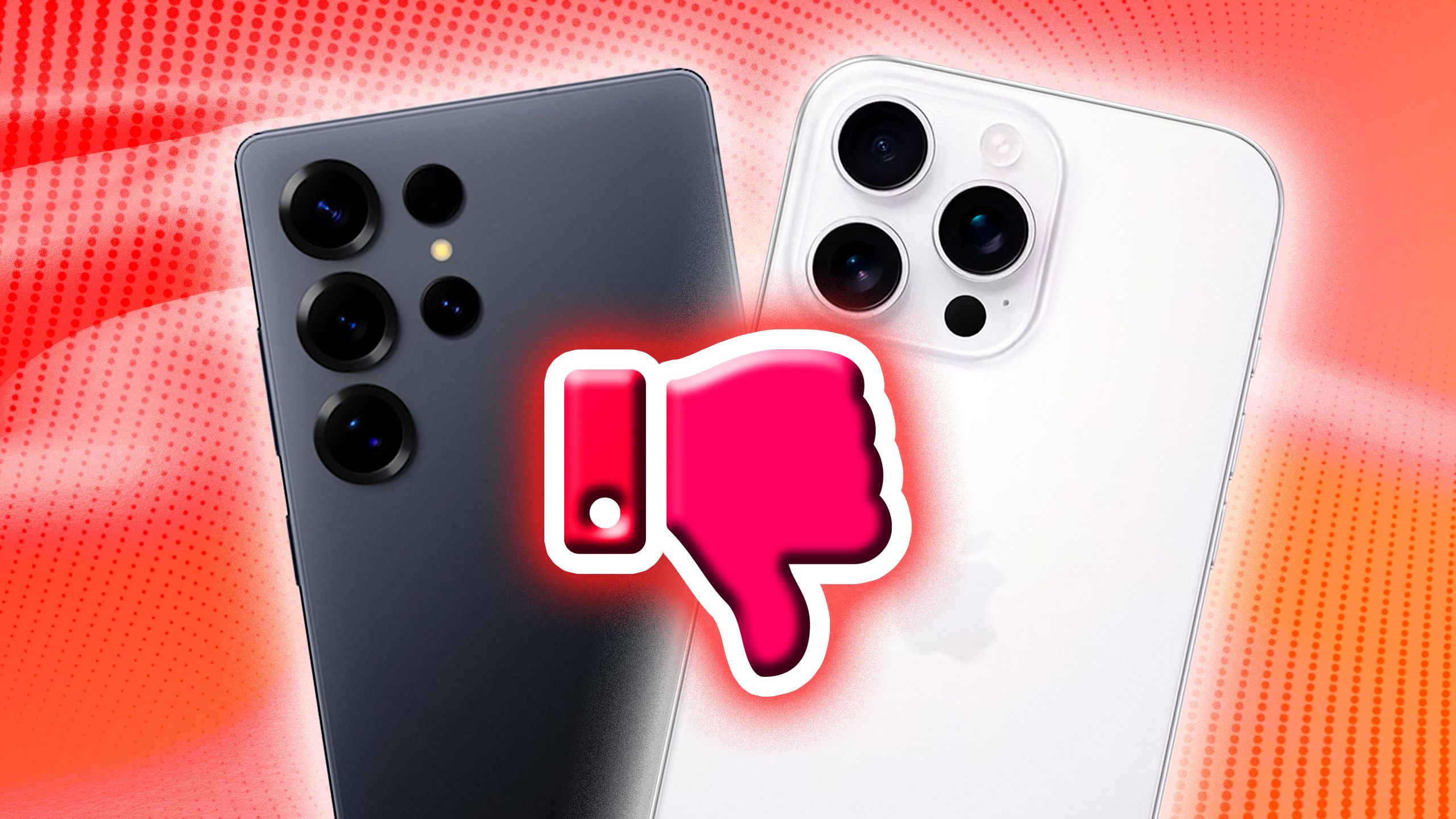
Related
4 reasons why buying Ultra or Max phones is like burning cash
Even when money is no object, you should still be smart with it.
Trending Products
![cimetech EasyTyping KF10 Wireless Keyboard and Mouse Combo, [Silent Scissor Switch Keys][Labor-Saving Keys]Ultra Slim Wireless Computer Keyboard and Mouse, Easy Setup for PC/Laptop/Mac/Windows – Grey](https://m.media-amazon.com/images/I/415Vb6gl+PL._SS300_.jpg)
cimetech EasyTyping KF10 Wireless Keyboard and Mouse Combo, [Silent Scissor Switch Keys][Labor-Saving Keys]Ultra Slim Wireless Computer Keyboard and Mouse, Easy Setup for PC/Laptop/Mac/Windows – Grey

AOC 22B2HM2 22″ Full HD (1920 x 1080) 100Hz LED Monitor, Adaptive Sync, VGA x1, HDMI x1, Flicker-Free, Low Blue Light, HDR Ready, VESA, Tilt Adjust, Earphone Out, Eco-Friendly

TopMate Wireless Keyboard and Mouse Ultra Slim Combo, 2.4G Silent Compact USB Mouse and Scissor Switch Keyboard Set with Cover, 2 AA and 2 AAA Batteries, for PC/Laptop/Windows/Mac – White

HP 2024 Laptop | 15.6″ FHD (1920×1080) Display | Core i3-1215U 6-Core Processor | 32GB RAM, 1.5TB SSD(1TB PCIe & P500 500GB External SSD) | Fingerprint Reader | Windows 11 Pro

Thermaltake View 200 TG ARGB Motherboard Sync ATX Tempered Glass Mid Tower Computer Case with 3x120mm Front ARGB Fan, CA-1X3-00M1WN-00

SAMSUNG FT45 Sequence 24-Inch FHD 1080p Laptop Monitor, 75Hz, IPS Panel, HDMI, DisplayPort, USB Hub, Peak Adjustable Stand, 3 Yr WRNTY (LF24T454FQNXGO),Black

Dell Inspiron 15 3520 15.6″ FHD Laptop, 16GB RAM,1TB SSD, Intel Core i3-1215U Processor(Beat i5-1135G7), SD Card Reader, WiFi, Bluetooth, Webcam, Win 11 Home, Alpacatec Accessories, Carbon Black
![Dell Inspiron 15 3000 3520 Business Laptop Computer[Windows 11 Pro], 15.6” FHD Touchscreen, 11th Gen Intel Quad-Core i5-1135G7, 16GB RAM, 1TB PCIe SSD, Numeric Keypad, Wi-Fi, Webcam, HDMI, Black](https://m.media-amazon.com/images/I/51O3nNfyJPL._SS300_.jpg)

